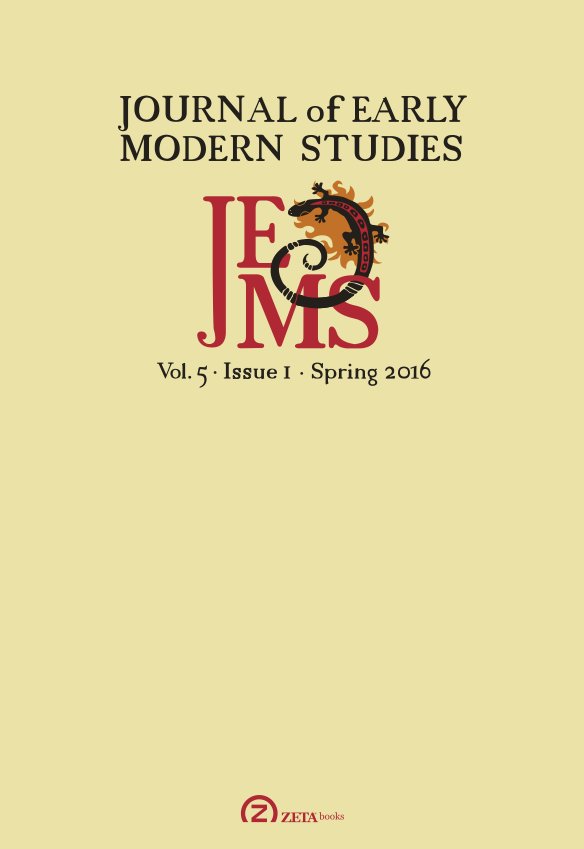Implications of the New Modern Matter: A Monadic Approach to Milton’s Philosophy and Theology
Implications of the New Modern Matter: A Monadic Approach to Milton’s Philosophy and Theology
Author(s): Mingjun LuSubject(s): Philosophy, History of Philosophy, Early Modern Philosophy
Published by: Zeta Books
Keywords: the monadic model; the fold; the new matter; chaos; God; substantial and theological principles of unity;
Summary/Abstract: This essay seeks to resolve three conceptual puzzles raised by Milton’s conception of the new modern matter. First, in both his epic poem Paradise Lost and theological treatise The Christian Doctrine, Milton depicts a motive and generative matter and regards it as the substantial principle that produces all manners of life. Meanwhile, he also represents God as the primary fountain of beings. The priority of the primal matter seems to directly challenge the putative primacy of the divine deity. Second, in conceiving of the substantial principle as both good matter and wild chaos, Milton appears to posit two kinds of primary matter, which runs counter to his allegedly monistic outlook. Third, Milton’s monism seems to contradict his apparent distinction between corporeal and spiritual beings as well. The ancient philosophy of the monad as reformulated by Giordano Bruno and developed by the Conway Circle, I argue, provides a pertinent framework for Milton to negotiate the theological implications of the new matter. The monadic model can account for at once the tensions between Milton’s substantial and theological principles of unity, between his good matter and wild chaos, and between his monistic vision and images of corporeal and incorporeal beings.
Journal: Journal of Early Modern Studies
- Issue Year: 5/2016
- Issue No: 1
- Page Range: 39-63
- Page Count: 25
- Language: English
- Content File-PDF

